Biological
Get ready for the biocentury.
Our world is built on biology - every living organism wired with genetic hardware. With advanced technologies and data analytics opening doors to things that would have seemed miraculous only years ago, biological science is poised to transform life as we know it.
DNA origami, genetic modification, stem cell engineering, clones - feeding, fuelling and healing the world has never been more exciting.
Where will biological sciences take you?
A
Animal scientist
Conduct experiments in controlled breeding or in embryo manipulation. Animal scientists also investigate nutritional values of different feeds and environmental conditions necessary to improve productivity and quality.
B
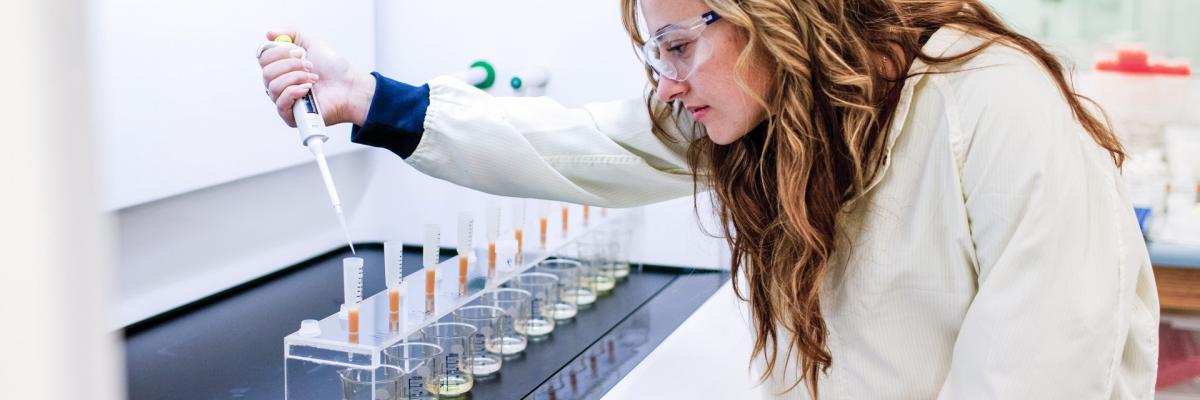
Biochemist
Biochemists have pioneered all kinds of products - fertilisers, pesticides, sunscreens, wine and innovative craft beers.
Some of their work now includes chemically composing food flavours, converting sugars into biofuels, and even growing human tissue to aid healing.
Biotechnologist
So far, biotechnology has enabled the growth of pest resistant corn, cabbages cross-bred with scorpions, and fast-growing ‘FrankenFish’—not to mention human skin, bones, cartilage and bladders.
In the future, it could mean ears made entirely in labs, bionic wing attachments and synthetic super eyes with Wi-Fi.
Bioinformatician
Bioinformaticians use frontline technology to manage, analyse and interpret complex biological data.
As genetic information explodes, this emerging, high-demand role will be integral to mapping life’s future.
Biomedical scientist
DNA-encoded antibodies which target deadly viruses, transplanting stem cells into patients, developing cures for Alzheimer’s or perhaps printing organs.
If you like the idea of developing vaccines or new products and ways to treat patients and have the potential to extend or save lives, this is the job for you.
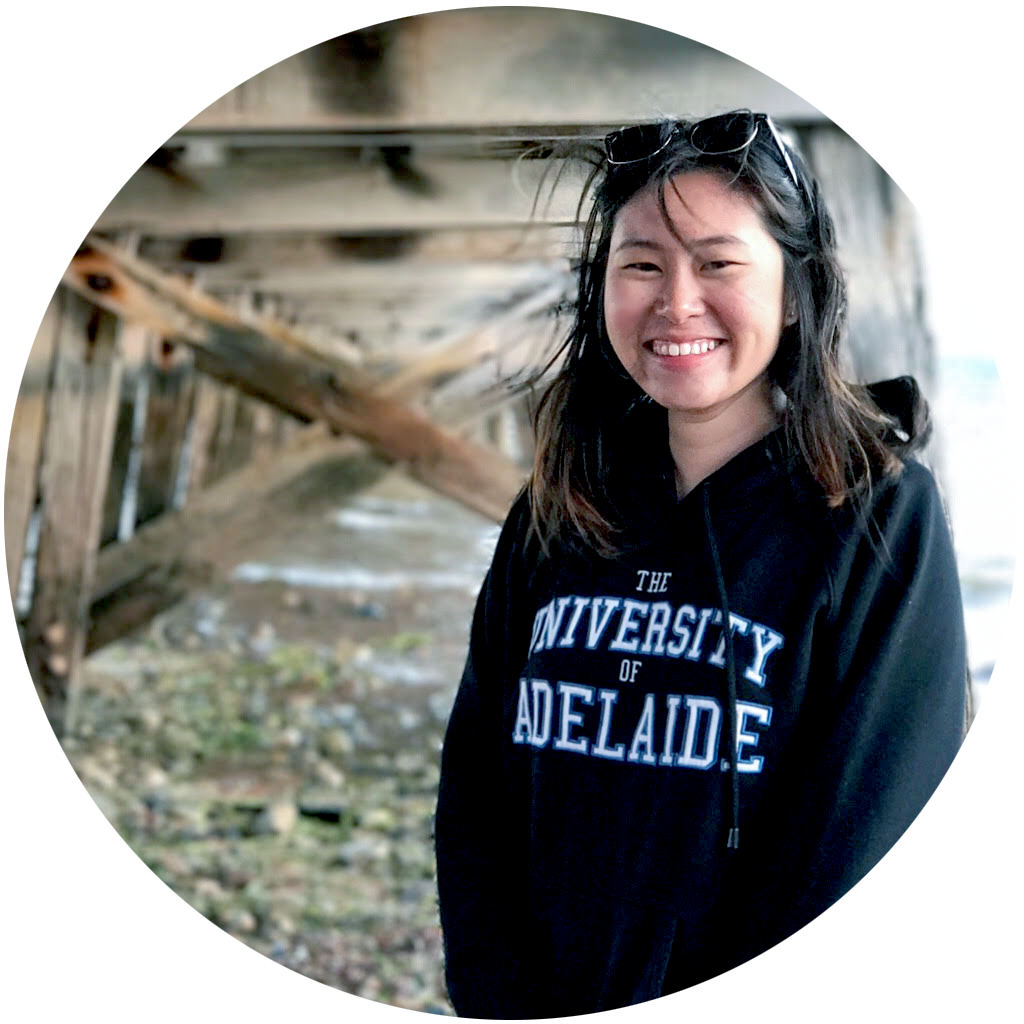
From student to medical technologist
Abigail Yeo - Tan Tock Seng Hospital, Singapore
"Besides providing me with in-depth knowledge in the field of Biomedical Science, my degree taught me teamwork and other skills like communication, problem solving, critical thinking and attention to detail, which are important as small differences can be crucial to the diagnosis of a patient." - Graduate of the BSc (Biomedical Science)
Biophysicist
Where biology and physics meet to help us understand the world around us. You might research how changes in the DNA of healthy cells trigger their transformation into cancer cells or develop computer modelling methods to understand how various diseases progress.
In fact, the 2018 Nobel Prize in Physics was awarded to a biophysicist whose method of using light to capture and manipulate tiny objects has changed the way we’re able to study microscopic life.
Botanist
Combine your love of science and nature as a botanist.
Study plant evolution, structure, development, and genetics in areas such as conservation and management of natural resources, agriculture, forestry, horticulture, medicine and biotechnology.
Biodiversity officer
Help protect, manage and enhance the local environment through working with national parks and wildlife, conservation groups, government or non-government sectors and possibly even mining companies.
Biomedical engineer
Combine your interests and take on a job which sees you create devices and systems for medical diagnosis, treatment and research.
You could work in a scientific or medical research institute, pharmaceutical or biotechnology company, or health services and hospitals.
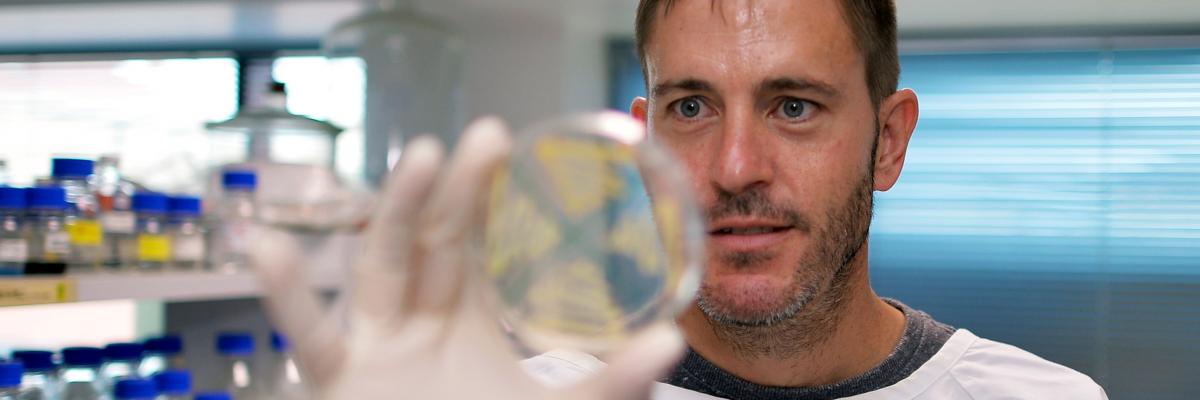
Biosecurity officer
You can expect to protect our regions and communities from all sorts of pests and pathogens as a future microbiologist and biosecurity officer.
It’s a fascinating role with a critical part to play in maintaining not only animal health, but agricultural and human.
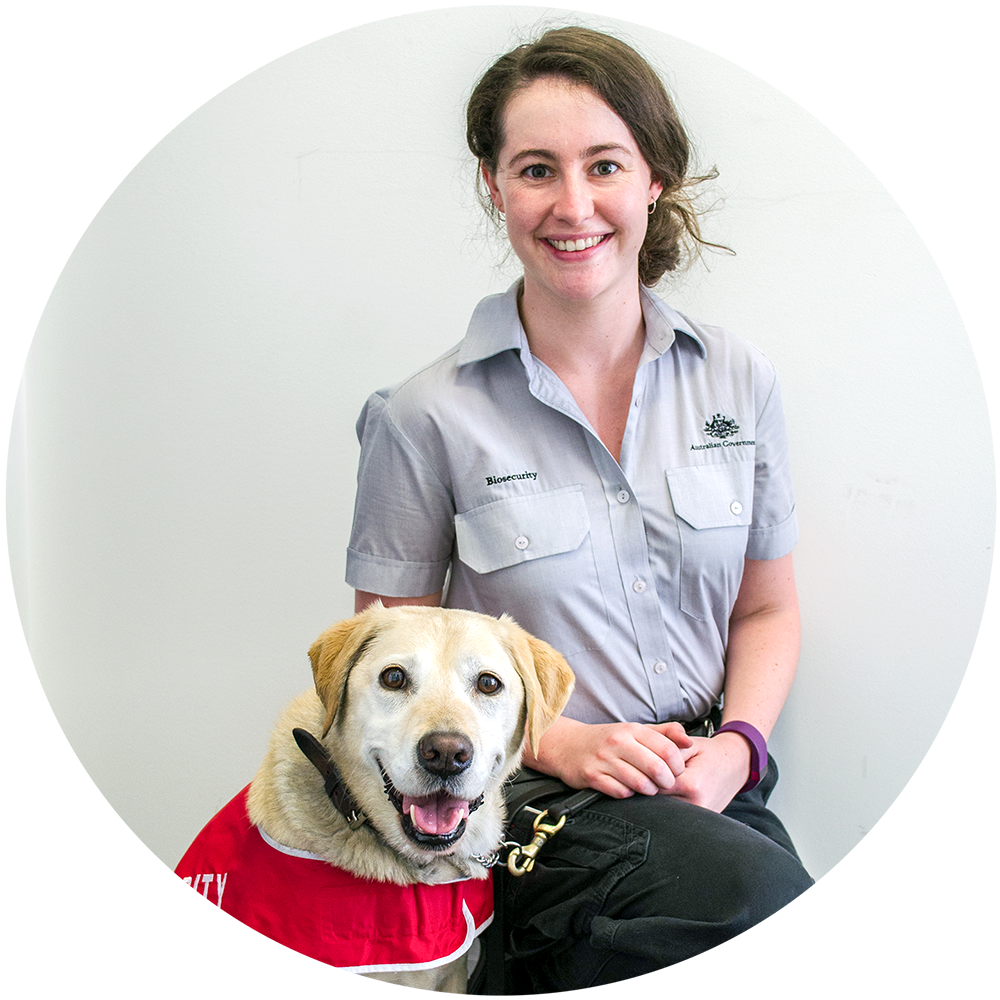
From student to biosecurity officer
Lucy - Melbourne Airport
"Studying animal science helped me gain the knowledge of why it is so important to protect Australia's border, as well as practical experience with dog behaviour and training." - Graduate of the BSc (Animal Science)
Biostatistician
Biostatisticians connect the dots between raw data and its meaning in areas like genetics and neuroscience.
You could design studies, gather data and analyse it, using your knowledge of maths, statistics and biology. Picture yourself influencing new or experimental treatments, or finding links between a particular lifestyle and disease.
Business development manager
Mix business know-how with scientific inquiry to help develop, manufacture or market products which require specific discipline knowledge due to their complex and innovative nature.
Think food safety, medicines and medical testing equipment or perhaps even precision agriculture.
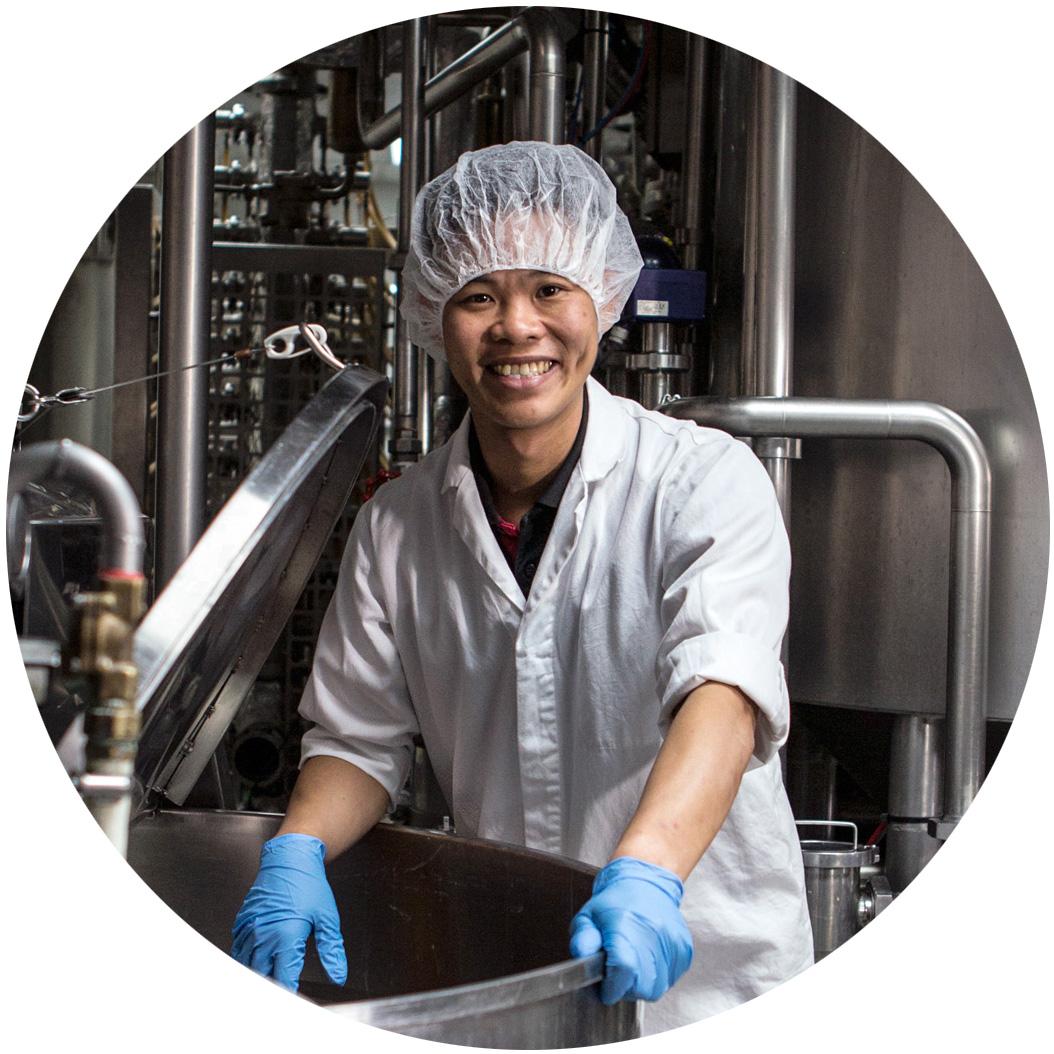
From student to business manager
Ethan Tan - Mexex
“The degree’s industry tours gave me an insight into what the ‘real’ world is like and inspired me to find my role as a general manager.” - Graduate of the Bachelor of Food & Nutrition Science
C
Conservation scientist
Use your knowledge of ecology, conservation, and environmental factors to determine how best to conserve land and its inhabitants.
You might choose to focus on local wildlife, soil or water. Perhaps you’ll decide to tackle one of the world’s big issues such as mass extinction, dwindling natural resources and issues of biodiversity.
Communicator or teacher
With scientific knowledge and understanding in such incredible demand worldwide, one of your most rewarding career paths could be to ‘turn the scientific light on’ for others.
You could engage the public as a science educator or journalist. You might develop a ‘citizen science’ app. Or maybe you’ll argue for science-backed change in a cinema-release documentary.
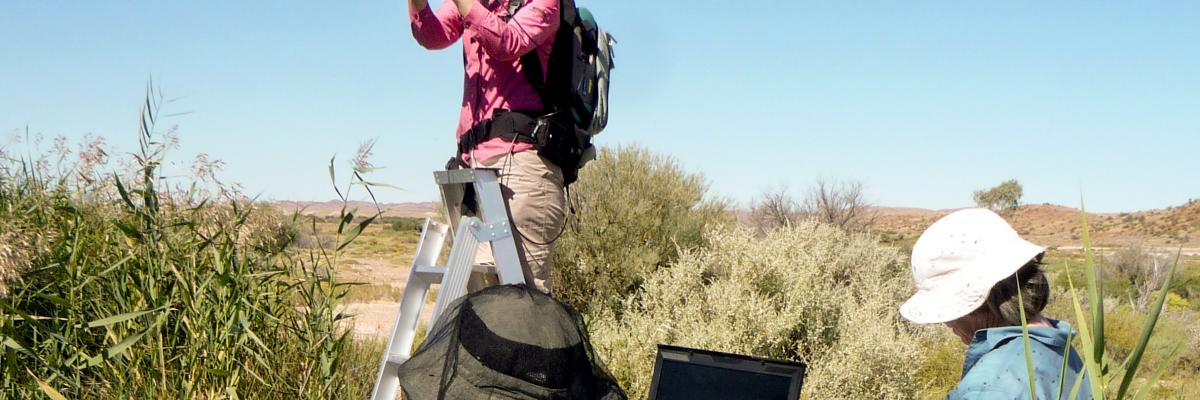
D
Data scientist
Data scientists have already changed our lives—from optimising Internet searches to speeding cancer research and informing corporations’ financial decision-making.
Tomorrow you could build deep learning pipelines to guide autonomous air taxis, precisely match manufacturers’ supply to fluctuating demand or continuously enhance farms’ productivity based on real-time data feeds.
E
Ecologist
Ecosystems are a complex and delicate balance of nature. Even the slightest change can prove extremely disruptive.
You’ll help balance the interrelationship between organisms and their environment and make decisions which reduce our impact on the world around us.
Evolutionary biologist
Use the latest techniques in palaeontology and molecular systematics to discover the wide diversity of plants and animals living on the Earth, and preserved as fossils from the past.
Put these skills to use working at a museum, herbaria or in research, where you can use the past to help plan for the future.
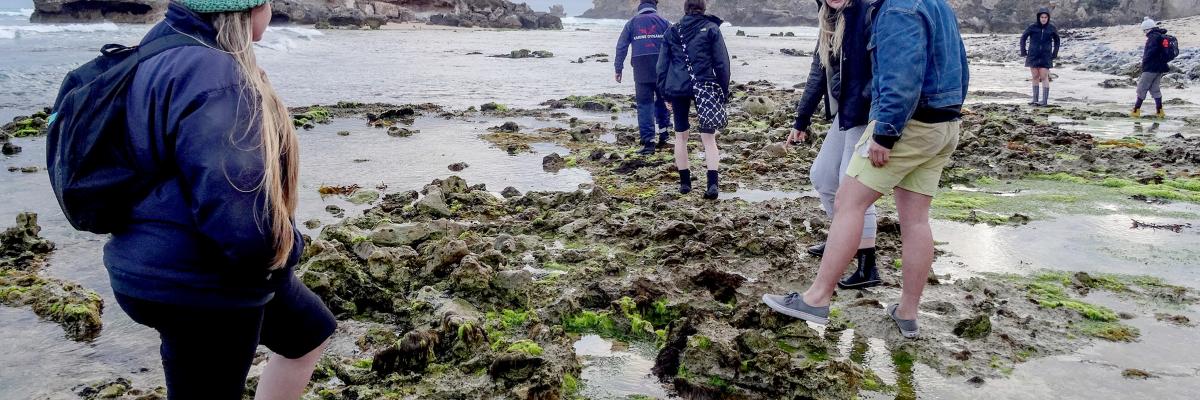
Environmental manager
Forest protections, national parks, fishing guidelines, wildlife sanctuaries, sustainability policy - generating change is as much a profession as a science.
As an environmental manager you will play a huge role in determining the way forward for our planet and species.
Entomologist
As an expert on insects, you might investigate the cause of outbreaks, such as fruit fly, or research control methods through integrated pest management solutions, biological control or chemical means.
Epidemiologist
Of all the people solving medical mysteries, epidemiologists are at the forefront of public health safety.
You will work to find the cause of disease outbreaks and find ways to contain the spread. You’ll investigate patterns, causes of diseases and injuries that affect people.
Entrepreneur
If Elon Musk can do it, so can you. Entrepreneurial scientists can blaze trails in any field.
You could develop and market anything from state-of-the-art space-travel technology and life-changing pharmaceuticals, to disease-preventing pet care products, new and sustainable food products, and waste-converting energy delivery.
F
Forensic scientist
Forensic chemistry and toxicology have long been used to solve society’s most vexing crimes.
Down the line, improved investigation techniques, DNA sequencing and DNA phenotyping could revolutionise the way we make sense of forensic evidence.
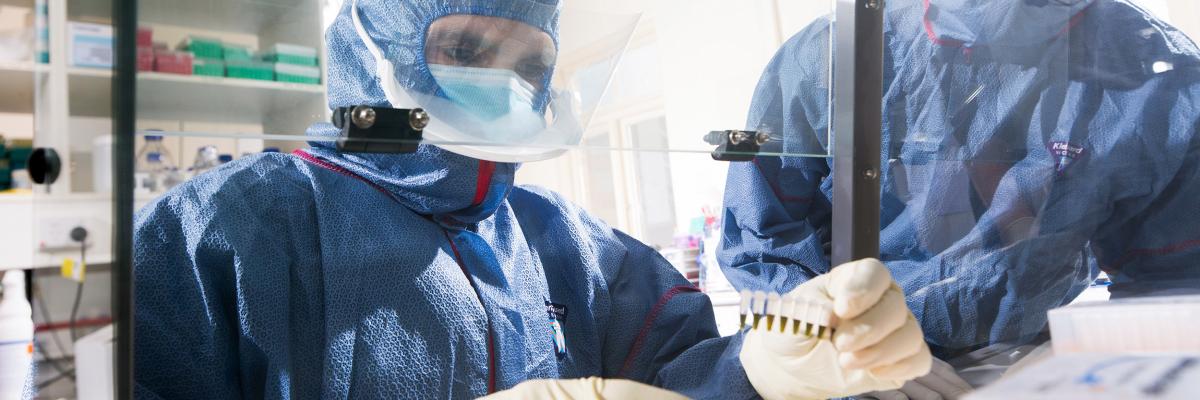
Food microbiologist
Food microbiologists work at the micro level of food from harvest to consumption.
You could develop a new process of food production, determine the shelf life for food, identify spoilage microorganisms or develop microbiological or chemical testing methods.
Food technologist
Past technological progress has delivered microwaves, vacuum packaging and freeze-dried fruit.
Now it’s predicted food technologists will normalise 3D printed pasta, ultrasound-extracted oil, shockwave-tenderised meat, intelligent frying pans and mind-reading menus.
G
Geospatial scientist
From drones to airborne and satellite images, remote sensing, geospatial information and 3D models are being used to observe our changing Earth from above.
These are now essential tools to improve our monitoring and management of the land and sea for agriculture, conservation and environmental management.
Geobiologist
Geobiology is where geology and biology collide.
You might use billion-year–old biomarkers found in ancient sediments to learn about the environmental conditions and identify organisms which may have been present and of the time. Or you could examine human health issues, such as kidney stones or investigating the link between stable isotopes in human blood and in human diet.
Geneticist
With access to high-throughput DNA sequencing, the importance of genetics has increased in leaps and bounds.
You could interpret the molecular cause of disease, decipher human genealogy, generate of drought resistant crops, manage the breeding of livestock, or oversee breeding programs for endangered species.
I
Immunologist
You will research and investigate the immune system using complex and sophisticated molecular techniques.
There is typically a focus on things which affect natural immunity, such as allergic reactions and immunological diseases.
Innovation manager
Innovation is a key driver of scientific discovery. Big changes are underway in industries like medicine, agriculture and pharmaceuticals and they will accelerate in years to come.
As an innovation manager you can apply your scientific skills in any number of ways, from clearing the ocean of plastics, to pioneering a new biofuel or helping to launch new technology into space.
L
Laboratory technician or manager
If you love working in a lab, this job is a great option.
You will assist scientists by collecting and preparing samples, carrying out experiments and recording and presenting results for critical analysis. Once you gain experience you might manage a small team of people to ensure the smooth running of the laboratory.
Laser & photonics scientist
Photonic devices have broad applications not only in IT, but in computation, sensing, fundamental physics, medicine and biology.
You will work on the design, production, and use of laser and fibre optics technology, helping to progress the information revolution.
M
Microbiologist
You’ll spend your time collecting samples and analysing them, figuring out how microorganisms such as bacteria, fungus, viruses and parasites interact with their environment.
Everything you learn and record is used to better understand and fight diseases or perhaps be used to create yoghurt or the world’s next micro-brew.
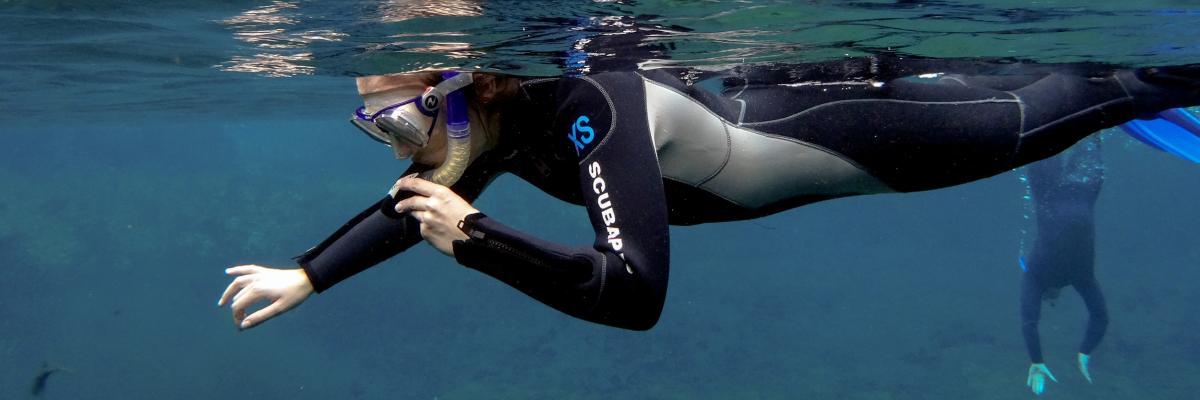
Marine biologist
Today’s marine biologists discover deep-sea organisms, research the effects of changing climates and dive on underwater volcanoes.
The next generation will map unexplored oceans, examine new life in high-CO2 worlds and help inform medical miracles by decoding marine creatures’ biological makeup.
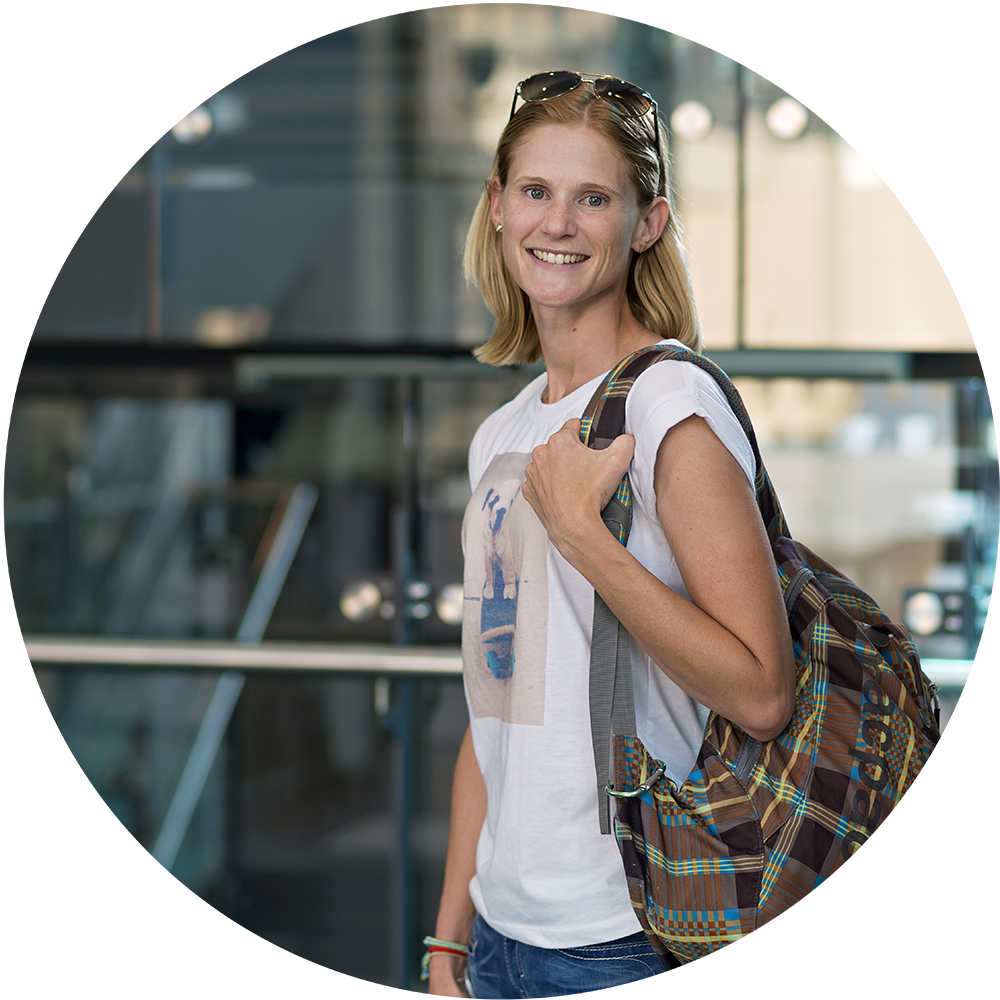
From student to marine biologist
Sarah Hamlyn - Staff Biologist, Monte Marine Laboratory at the International Centre for Coral Reef Restoration, Florida
“Studying the BSc (Marine Biology) has provided me with a solid foundation of knowledge that I rely on in my career today. I work in a field that is still developing, so the importance of noting patterns and making observations in the lab and field, which can then translate into hypotheses and designing sound experiments, was a very useful skill to have developed during my studies.” - Graduate of the BSc (Marine Biology)
Medical scientist
Medical scientists research human disease and conditions to improve health.
It is an ever-evolving field where breakthroughs are being made all the time. Diseases have been eradicated and illnesses that used to be serious are now considered mild.
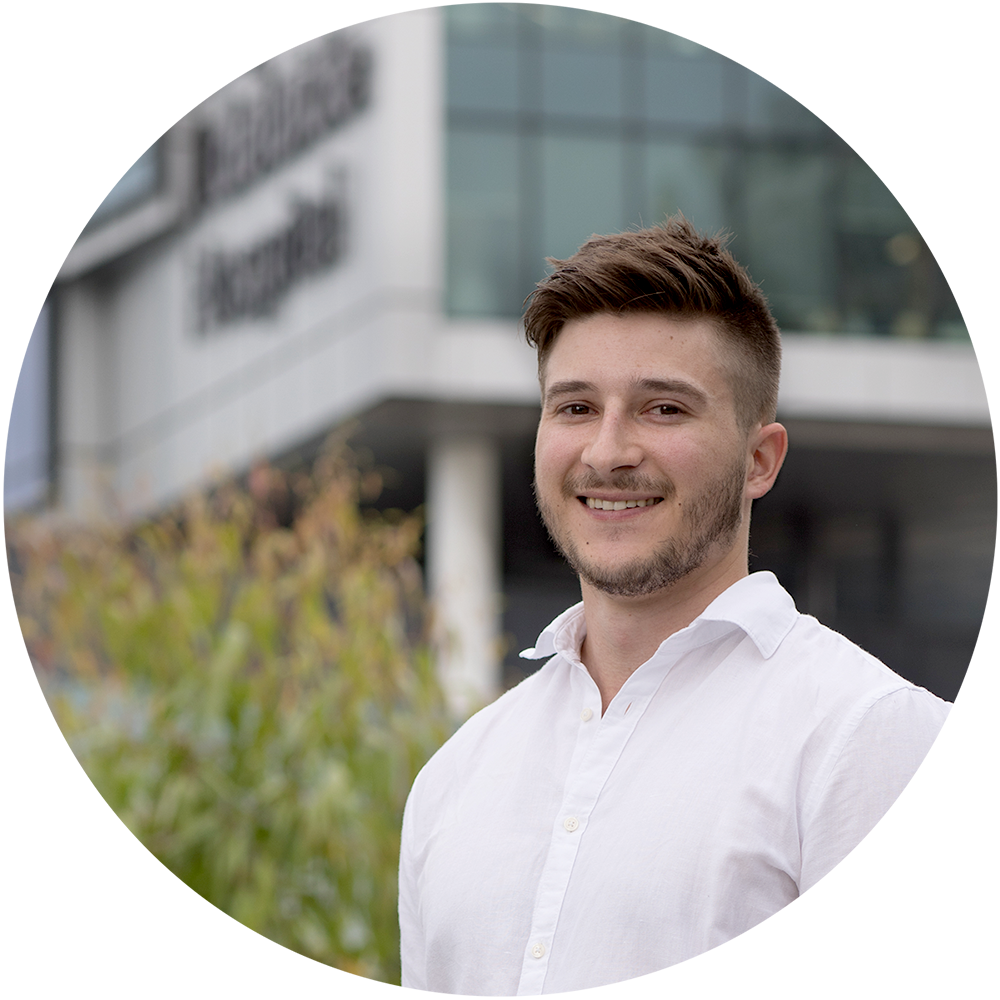
From student to clinical research scientist
Luke Weinel - Royal Adelaide Hospital, Intensive Care Research Dept.
“The University of Adelaide provided me with a supportive framework to complete my Bachelor of Science (Molecular Biology) and Bachelor of Health Science (Honours). These degrees provided me with the skills necessary to be a successful and confident scientist.” - Graduate of the BSc
N
Neuroscientist
You will likely work in a hospital or research centre performing and analysing lab tests related to injuries and diseases affecting the brain, spinal cord, peripheral nervous system and muscle tissue.
P
Palaeontologist
Predict the future as you unearth the past through discovering, studying and recording fossils of extinct plants and animals.
Use this information to determine the origin, age, and composition of fossils to develop a narrative about the past, which helps explain geological processes like fossilisation, historical events like ice ages, and scientific theories like evolution.
Plant Scientist
In order to adapt to climate change and satisfy global hunger we need maximum nutrition, greater yield and even more resilience from our plants. Plant scientists have a starring role to play in making this happen.
You could work at a genetic level to develop drought-tolerant crops or develop new agricultural techniques to grow food on board a space station. Or maybe you will modify a plant breed to boost nutrition and human health.
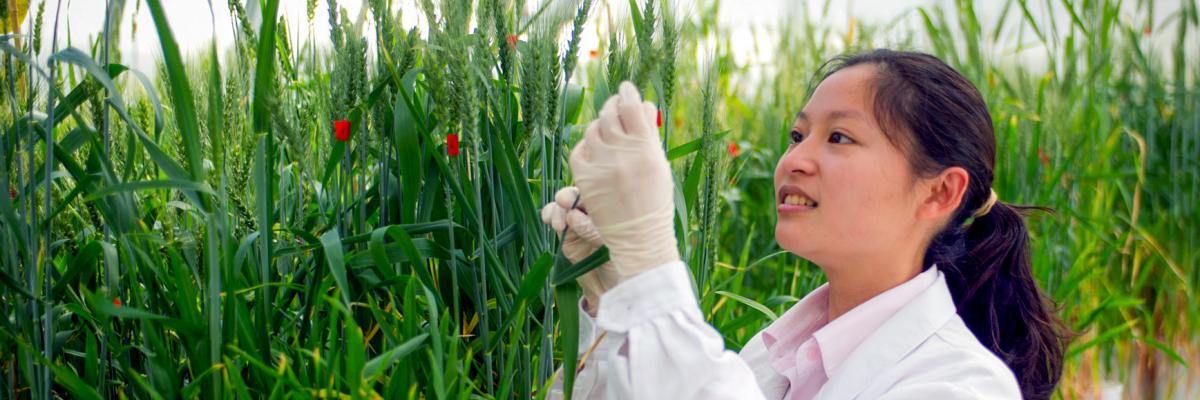
Pharmacologist
Penicillin, contraceptive pills, insulin injections—biopharmaceutical advances have changed the course of human history at every turn.
As new technologies continue entering the game, we can expect digestible sensors, nanoantibiotics and personalised pills.
Plant biotechnologist
You will carry out innovative plant related research and development activities aimed at producing superior plant or crop varieties.
This will see you using your expertise in a research and development, advisory or consulting role.
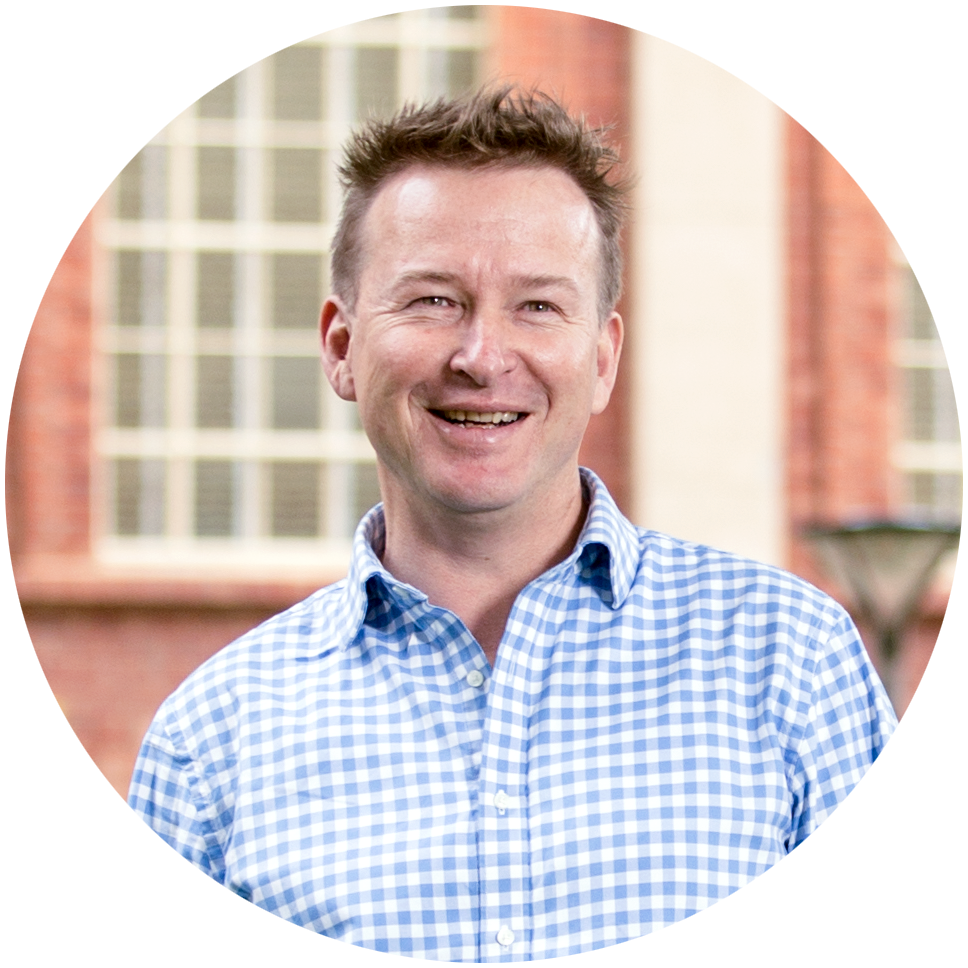
From student to plant scientist
Stuart Nagel - SARDI
"The structure of the programs demonstrated actual world class research and its ongoing uses, this was what made study so inspiring as you could see the relevance of what you were doing to real word applications and the potential for future careers, not just theoretical applications." - Graduate of the Grad Dip Plant Biotechnology / MPhil (Plant Breeding)
Physicist
Explore how energy and matter interact. Most physicists spend their time conducting research for hospitals, private industry research centres or universities.
You may also be involved in the design of scientific equipment such as particle accelerators and lasers.
Policy officer
Scientists are under increasing pressure to create world-changing interventions; from gene editing to driverless cars, science needs policy officers to ask questions about the social and political implications of these innovations.
As a policy officer you might use your technical knowledge to ensure new environmental legislation is based in sound scientific evidence.
Public health scientist
As we move forward, scientific innovation will be critical for regulating health and sustainability, with huge changes in biodiversity management, waste control, pathogen detection and food quality assurance.
Understanding the geographic patterns of health risks and human responses helps improve how and where improvements are needed.
Pharmaceutical engineer/researcher
This growth area is designed to improve the sustainability, efficiency, drug effectiveness and length of time between drug discoveries to delivery.
You might design a process to efficiently produce a new drug quality control; validate production processes and facilities; or design equipment for the pharmaceutical, biotech and healthcare industries.
Q
Quarantine officer
Assist in the identification and control of biosecurity risks and hazards through managing the entry of agricultural and horticultural produce, plants, animals, various microorganisms and viruses that cross national and international borders.
R
Remote sensing scientist
Use new, advanced and remote technology, such as satellites and drones, to analyse objects or events without having to be in physical contact with the environment you are assessing.
Researcher
Australia has numerous federal scientific research organisations, such as the: CSIRO; Defence Science and Technology Group; Australian Antarctic Division; and Australian Institute of Marine Science. South Australia has many too. You’ll do important work and regularly collaborate with universities and industry.
Research & development manager
What’s your scientific pleasure - astrophysics? How does research with a company like SpaceX sound? Or one of Australia’s growing number of space start-ups?
If biotech’s more your thing, how about R&D for a giant like Samsung Biologics? Perhaps you’d like to consult to organisations like Adelaide’s Futuris Corp on future farming? Research opportunities are everywhere.
S
Statistician
Engage in the application of statistical theory and methods to collect, organise, interpret and summarise numerical data to provide usable information.
This could include analysing census data or information sourced from any number of specialised areas.
Soil scientist
Become an expert on the Earth’s surface. Understand soil formation, classification and mapping; investigate the physical, chemical, biological and fertility properties of soils; and learn how to properly use and manage soils.
Specialist
Countless thriving businesses owe their success, in large part, to staff with scientific expertise.
Picture yourself leading R&D for Virgin Galactic, managing environmental sustainability for an ecotourism developer, or overseeing cybersecurity for a major defence contractor.
U
University academic
Research universities are absolute hives of scientific discovery. There are over 1,000 in the world - and Adelaide Uni is one of them.
Academics generally combine research, teaching and administrative duties and regularly collaborate with leading companies and research organisations all over the globe.
W
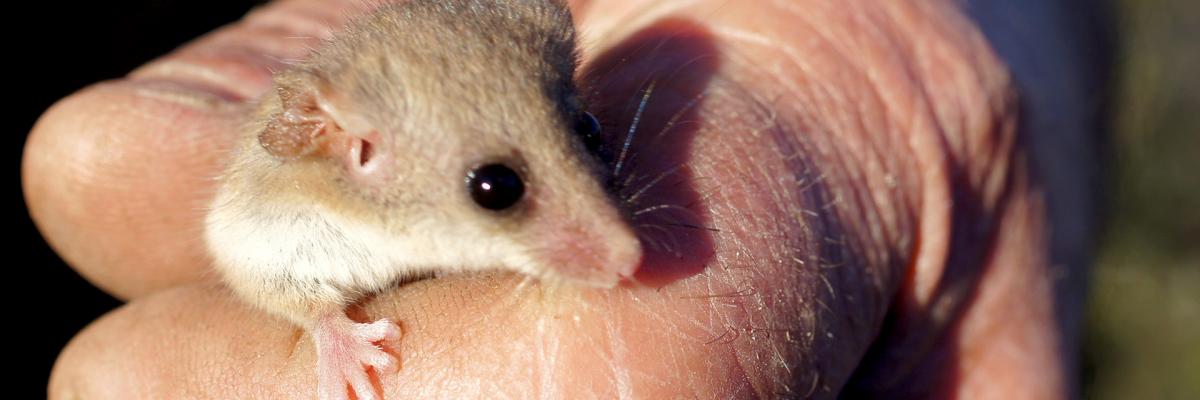
Wildlife conservationist
Wildlife workers the world over are busy managing nature preserves, reconstructing habitats for endangered animals and leading breeding programs in sanctuaries.
Conservation in the coming years will mean drones and AI in the field, safeguarding at-risk species through cryopreservation and facial recognition technology for fish.
Wine scientist
From soil and plant science in the vineyard to microbiology, chemistry and sensory science in the winery.
You might spend your time determining the suitability of new grape varieties to warmer climates, or developing novel strains of yeast and bacteria to improve fermentation efficiency, or analysing the aroma and flavour compounds that influence preferences and wine quality.
Z
Zoologist
Bugs, birds, beasts of the land - there are endless personalities and mysteries to unpack in the animal kingdom.
Tomorrow’s zoologists and wildlife biologists will use next-gen software, analytics and equipment to learn more about the animal world, protect life, and experiment in the lab.
What will you study?
- Bachelor of Agricultural Sciences
- Bachelor of Applied Data Analytics - NEW
- Bachelor of Science
- Bachelor of Science (Advanced)
- Bachelor of Science (Animal Science)
- Bachelor of Science (Biomedical Science)
- Bachelor of Science (Biotechnology)
- Bachelor of Science (Marine Biology)
- Bachelor of Science (Wildlife Conservation Biology)
- Bachelor of Science and Entrepreneurship
- Bachelor of Teaching (Middle) with Bachelor of Science
- Bachelor of Teaching (Secondary) with Bachelor of Science
- Bachelor of Veterinary Technology - NEW
- Honours Degree of Bachelor of Science
- Honours Degree of Bachelor of Science - NEW
- Honours Degree of Bachelor of Science (Advanced) - NEW
